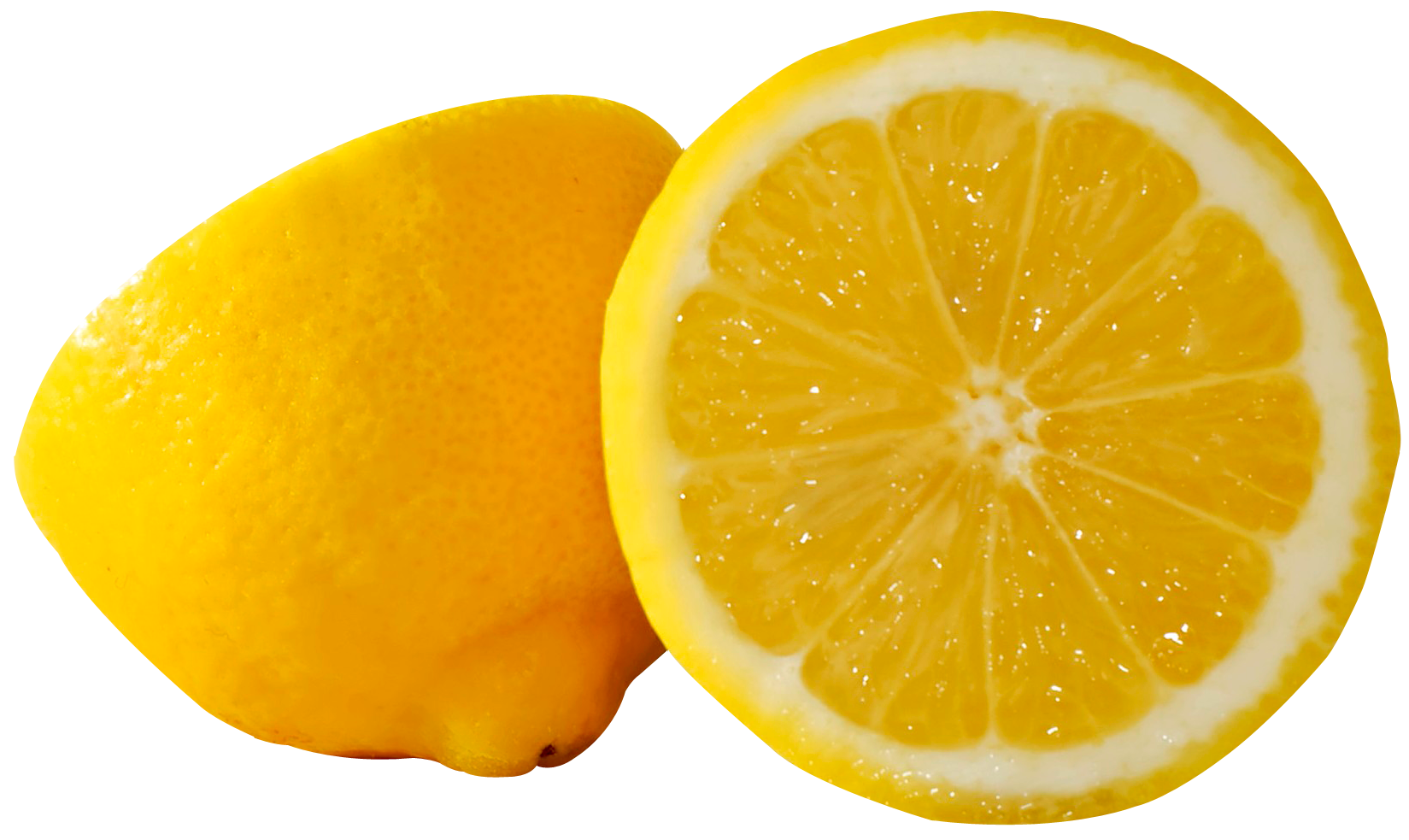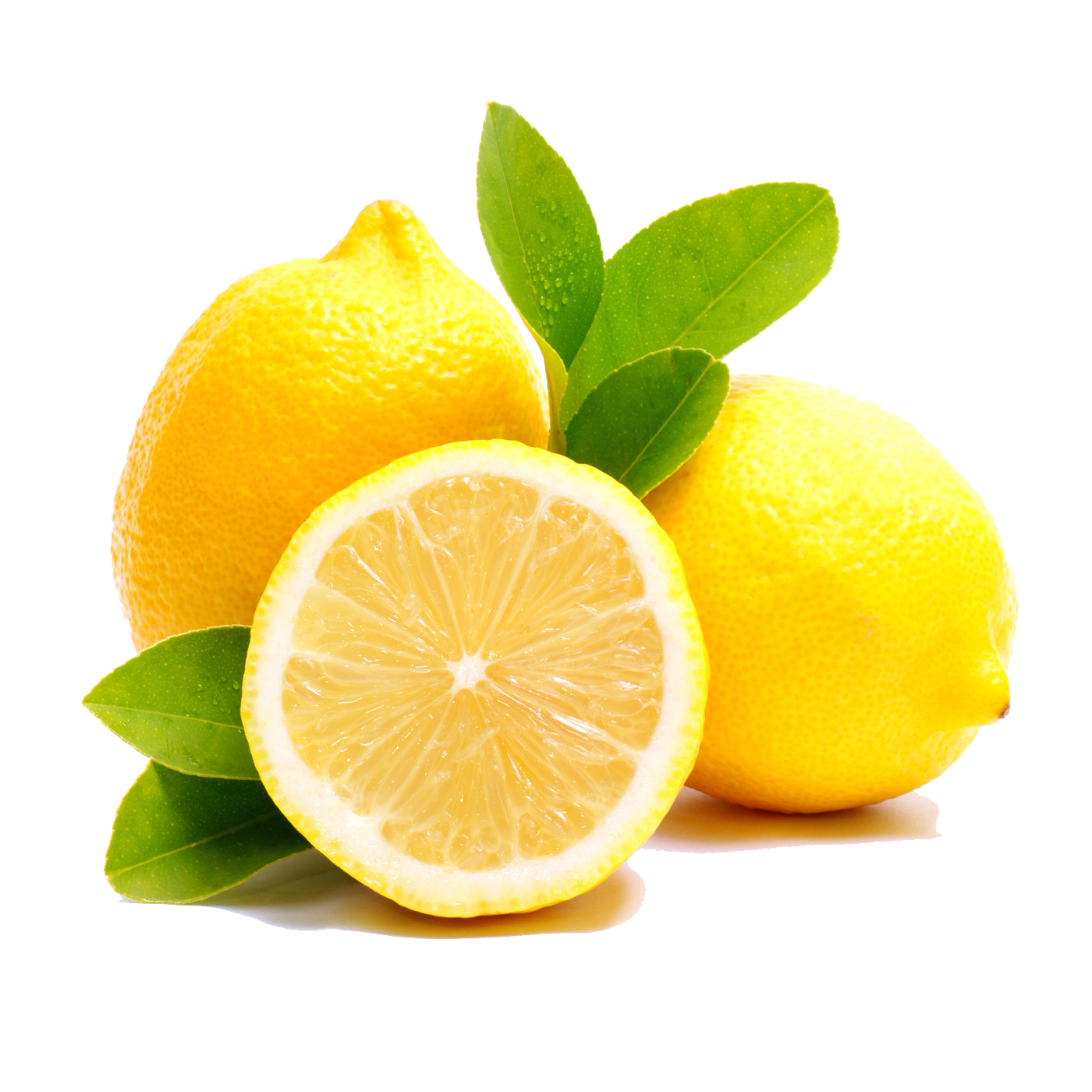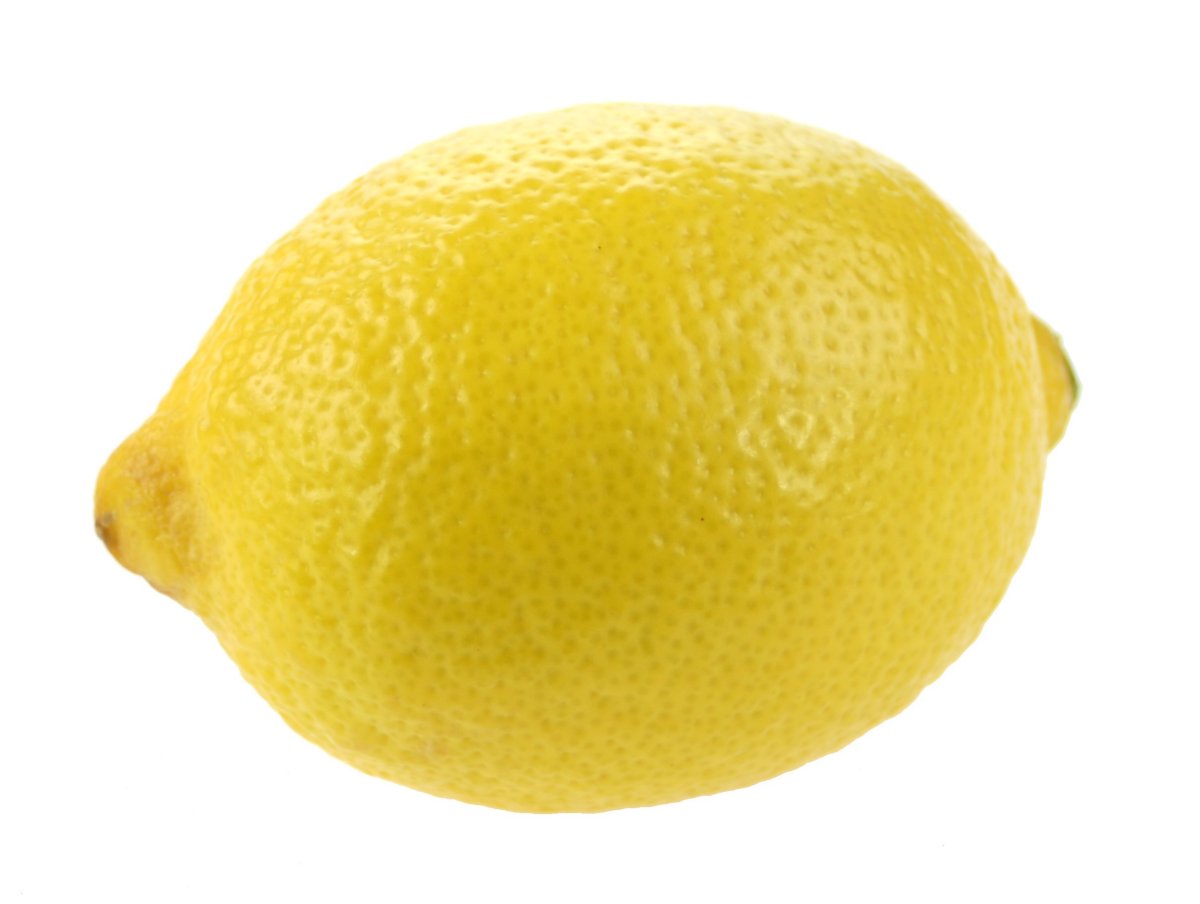Is Lemon Perfect FDA Approved? Getting The Real Scoop
Many of us wonder about the things we eat and drink every day, and a question that often pops up for popular items, like say, Lemon Perfect, is whether it has the official stamp of approval from the FDA. It's a very fair question, you know, especially when you're trying to make choices for your well-being. People really want to feel sure about what they're putting into their bodies, and that's completely understandable.
Lemons, or citrus limon, are actually one of the most popular citrus fruits around the world, and for good reason. My text tells us they are packed with vitamin C, antioxidants, and a whole lot of health benefits. From supporting heart health to boosting immunity and even helping with skin health, these bright yellow fruits seem to do a lot of good, so people naturally look for ways to include them more often.
So, when a drink like Lemon Perfect comes along, it's pretty natural to ask about its regulatory status. We often hear about the Food and Drug Administration, or FDA, in connection with medicines and sometimes food, but what does their role truly mean for a beverage like this? We'll sort of explore that right here.
Table of Contents
- Understanding the FDA's Role with Food and Drinks
- Lemon Perfect and FDA Oversight
- The Wonderful World of Lemons
- Common Questions About Food Safety
- Making Informed Choices
Understanding the FDA's Role with Food and Drinks
When people talk about the FDA, they often think of a strict approval process, especially for things like new medications. But, you know, the way the FDA looks at food and beverages is actually a bit different from how they handle drugs. It's not quite the same process at all, so that's something to keep in mind.
What "Approval" Really Means for Food
For most conventional food products, including drinks, the FDA does not actually "approve" them in the same way they approve new drugs. This is a pretty common misunderstanding, to be honest. Instead, the FDA focuses on making sure that food manufacturers follow certain rules and regulations to ensure the products are safe and accurately labeled. They basically set the standards for safety and proper information.
Think of it this way: a food product isn't given a green light by the FDA before it hits the shelves. Rather, the companies making the food are responsible for ensuring their products are safe to eat or drink. The FDA then steps in with oversight, inspections, and enforcement actions if issues come up. So, it's more about regulation and monitoring than a pre-market approval stamp for every single food item, which is a bit different.
This means that for a beverage like Lemon Perfect, the company itself is responsible for its product's safety and for making sure its labels are truthful and not misleading. The FDA's role here is to monitor and enforce these standards after the product is already available, you know, in stores. They make sure the company is following the rules, basically.
Food Versus Drugs and Dietary Supplements
The FDA has different categories for products, and this really matters for how they are regulated. Drugs, for example, go through a very strict and extensive approval process before they can be sold to the public. They need to prove they are safe and effective for their intended use. That's a huge hurdle, and for good reason, you know.
Dietary supplements are also treated differently from conventional foods. While they don't go through the same pre-market approval as drugs, supplement manufacturers are still responsible for ensuring their products are safe and that any claims made about them are truthful. The FDA can take action against unsafe supplements after they are on the market. This is a pretty big distinction, so it's worth noting.
Conventional foods, which would include a drink like Lemon Perfect, are generally recognized as safe (GRAS) if their ingredients are common food items. The FDA doesn't "approve" each new food product. Instead, they focus on ensuring ingredients are safe, production facilities are clean, and labels are accurate. This is a system of oversight, actually, not pre-approval for every new item.
Good Manufacturing Practices and Oversight
For food and beverage companies, adhering to Good Manufacturing Practices (GMPs) is a really big deal. These are regulations that outline the minimum requirements for the methods, facilities, and controls used in manufacturing, processing, packing, or holding food. Basically, they're there to make sure food is safe and made under sanitary conditions.
The FDA conducts inspections of food facilities to ensure these GMPs are being followed. If a facility is found to be out of compliance, the FDA can issue warnings, seize products, or even shut down operations. This is how they maintain safety standards across the food industry. It's a way of keeping things in check, you know.
So, while Lemon Perfect, as a food product, wouldn't have an "FDA approval" stamp, it is certainly subject to FDA regulations regarding its ingredients, production, and labeling. The company would need to operate under these rules and be open to FDA inspections, which is pretty much the standard for food makers.
Lemon Perfect and FDA Oversight
Let's get specific about Lemon Perfect. Given what we've talked about, the question of "Is Lemon Perfect FDA approved?" needs a bit of a nuanced answer. It's not a simple yes or no, because of how the FDA operates with food items.
How Lemon Perfect Fits In
Lemon Perfect is a beverage, a drink made with lemons, water, and other ingredients. It falls into the category of a conventional food product. This means it doesn't undergo a pre-market "approval" process by the FDA, unlike a new medicine. Instead, it operates under the FDA's general food safety regulations.
The company making Lemon Perfect is responsible for ensuring its product is safe to consume and that its ingredients are safe and properly listed. This includes making sure the facility where it's made meets FDA's Good Manufacturing Practices. The FDA's role is to oversee this process and step in if there are any issues with safety or labeling. So, in a way, it's regulated, but not "approved" in the drug sense.
If Lemon Perfect were to make specific health claims, like saying it cures a disease, then the FDA would look at it very differently, possibly as an unapproved drug. But for a general beverage, the focus is on overall food safety and truthful labeling. This distinction is really important, you know, for understanding how these things work.
Looking at Labels and Claims
For any food or beverage, including Lemon Perfect, the label is your best friend. The FDA requires that labels be truthful and not misleading. This means ingredients must be listed accurately, and any nutritional information must be correct. You can learn a lot just by reading the side of the bottle, actually.
If a product makes claims about its benefits, like "supports immunity" or "aids digestion," these claims need to be supported by science and not be misleading. The FDA monitors these claims. So, if Lemon Perfect talks about the benefits of lemons, those statements should align with generally accepted nutritional science, as my text actually describes for lemons themselves.
It's always a good idea to look at the ingredient list. For Lemon Perfect, you'd expect to see lemon juice or lemon extract, water, and any other added ingredients like sweeteners or flavors. My text reminds us that lemon juice is a characteristic ingredient in many pastries and desserts, and adding a splash of lemon juice to water has a similar effect to drinking lemon water, so that's pretty cool.
The Wonderful World of Lemons
While we're talking about Lemon Perfect, it's a good moment to appreciate the star ingredient: the lemon itself. My text gives us some really neat details about this bright yellow fruit, and it's quite impressive, you know, what it can do.
Packed with Goodness
Lemons are basically little powerhouses of nutrition. My text points out that they are packed with vitamin C and antioxidants. These are really important for your body's health. Vitamin C, for instance, is well-known for helping your immune system, which is pretty vital for staying well.
Beyond just vitamin C, lemons offer a range of health benefits. My text mentions that lemon nutrition benefits range from reducing the risk of kidney stones to fighting cancer and improving skin health. That's a pretty wide array of potential good things, so it's definitely something to consider.
Every part of the lemon, from its peel to its flesh, can be used, and it's a popular fruit around the globe. It finds its way into cooking, baking, making beverages, and even cleaning, which is pretty versatile, in a way.
From Heart Health to Hydration
Dietitians, as my text notes, explain that lemon water can help you stay hydrated and full of antioxidants and micronutrients. Staying hydrated is super important for overall health, and adding a bit of lemon can make water more appealing for some people, which is a simple win.
My text also highlights that lemons contain vitamin C and antioxidants proven to support heart health and more. This sweet yet sour, bright fruit is a key ingredient in many healthy eating patterns. It's interesting how a simple fruit can have such broad positive effects, really.
The benefits of lemon extend to aiding digestion and enhancing overall health, too. My text mentions learning how eating this citrus fruit boosts immunity, aids digestion, and enhances your overall health. There's nothing quite like that final squeeze of a lemon over your salad, baked desserts like a lemon bar, or zested over fish, you know, it just adds something special.
More Than Just a Drink
While Lemon Perfect is a beverage, the core ingredient, lemon, has a much wider use. Lemon juice, for example, is a characteristic ingredient in many pastries and desserts, such as tarts and traditional dishes. It adds a bright, zesty flavor that is hard to replicate.
Lemon juice has similar benefits to the whole fruit but is highly concentrated and tart, so most people don't drink straight lemon juice. Adding a splash of lemon juice to your water has a similar effect to drinking lemon water, which is a simple way to get some of those benefits, pretty much.
My text actually invites us to dive into 40 fascinating tidbits that will make us appreciate this bright yellow fruit even more. It's clear that lemons are far more than just a sour garnish; they're a truly valuable part of a healthy diet and a versatile ingredient in the kitchen.
Common Questions About Food Safety
Given the interest in "Is Lemon Perfect FDA approved?", there are some common questions people often ask about the FDA's role with food and beverages. Let's tackle a few of those, you know, to clear things up.
What does FDA approval mean for a food product?
For most food products, including beverages like Lemon Perfect, "FDA approval" as a pre-market clearance doesn't really exist. The FDA doesn't give a specific "approval" stamp to every new food item before it hits the shelves. Instead, the agency sets standards and regulations that food manufacturers must follow.
This means food companies are responsible for ensuring their products are safe, properly manufactured, and accurately labeled. The FDA then oversees these companies through inspections, setting guidelines, and taking action if problems arise. So, it's more about compliance with regulations and ongoing oversight rather than a one-time approval for each product, which is a key difference.
When you see a food product, its presence on the market means the manufacturer believes it meets FDA safety standards, and the FDA has the authority to intervene if it finds otherwise. It's a system built on industry responsibility with government monitoring, basically.
Does the FDA approve all food and beverage products?
No, the FDA does not approve all food and beverage products in the sense of a pre-market clearance for every single item. This is a common misconception, you know. Their approach differs significantly between categories like drugs, dietary supplements, and conventional foods.
For conventional foods and beverages, the FDA's role is primarily regulatory oversight. They establish safety standards, monitor manufacturing practices (like Good Manufacturing Practices), and ensure labels are truthful. Manufacturers are responsible for ensuring their products meet these standards.
So, while every food product sold in the U.S. is subject to FDA regulations and oversight, it does not mean each product has received a specific "approval" from the FDA. It's a system of checks and balances, and the FDA acts as the primary watchdog for public health in this area, you know.
Are natural ingredients like lemon juice FDA approved?
Natural ingredients, such as lemon juice, are generally considered "Generally Recognized As Safe" (GRAS) by the FDA if they have a long history of safe use in food or if scientific experts agree they are safe under their intended conditions of use. So, you know, it's not a specific "approval" for each natural ingredient.
The FDA does not "approve" individual ingredients like lemon juice. Instead, it maintains a list of GRAS substances. If an ingredient is GRAS, it can be used in food products without needing pre-market approval. Lemon, as a popular fruit around the globe, has a very long history of safe use in food and beverages, as my text highlights.
This means that lemon juice, as an ingredient in a product like Lemon Perfect, would be considered GRAS. The focus then shifts to the overall product's safety, manufacturing process, and labeling, rather than the individual approval of each basic, natural component. It's a pretty practical way to handle things, actually.
Making Informed Choices
Understanding how regulatory bodies like the FDA operate can help you make more informed choices about the products you consume. For a beverage like Lemon Perfect, knowing that it operates under FDA's food safety regulations, rather than a specific "approval" process, helps clarify its standing. It's about compliance and oversight.
The wonderful properties of lemons themselves, as my text describes, from their vitamin C content to their benefits for heart health and immunity, are well-established. When you choose a lemon-based drink, you're tapping into some of those natural benefits, which is pretty cool.
Always take a moment to look at product labels, understand the ingredients, and consider what you're looking for in a beverage. If you want to learn more about food safety and regulations directly from the source, you could always visit the official FDA website, which is a good place to start, like this: https://www.fda.gov/.
You can learn more about food safety guidelines on our site, and perhaps link to this page our healthy beverage options for more ideas.

Lemon PNG

Lemon PNG

Lemon